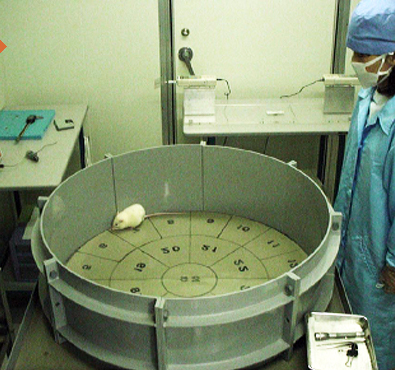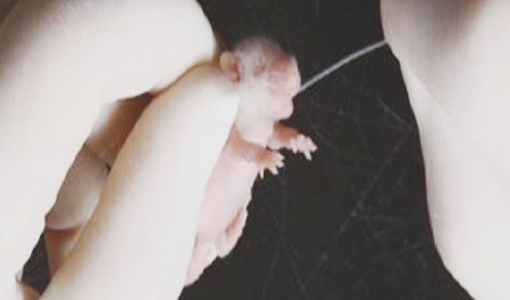BUSINESS
BUSINESSJuvenile animal toxicity
Introduction
Juvenile animal toxicity studies are non-clinical studies necessary for the development of children’s medicines, assessing general toxicity, effects on growth and development, cognition and mobility, as well as general toxicity as a result of repeated administration in juvenile animals
The studies can be conducted to assess drugs approved for use in the adult human population, with either single or repeated dosing available, depending on the test purpose. The dosing period can be set according to the administration period as well as the target organs in clinical trials. In addition, initial toxicity can be determined through a dose range-finding study.

Techniques
Administration
- Oral and Intraperitoneal Injections: from Postnatal Day 1
- Muscle and Subcutaneous Injections: from Postnatal Day 3 or 4
- Intravenous Injection: from Postnatal Week 2 or 3
Blood Sampling
- Inferior vena cava: from Postnatal Day 0 to Day 21 /
Jugular vein: after Postnatal Day 21
